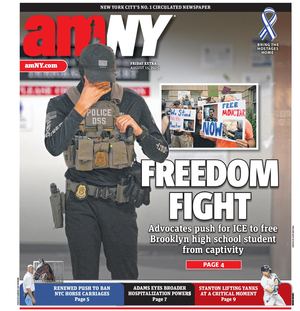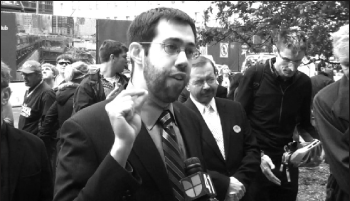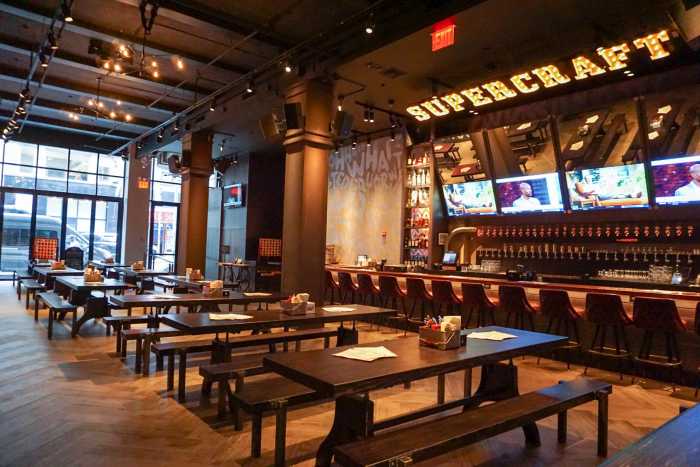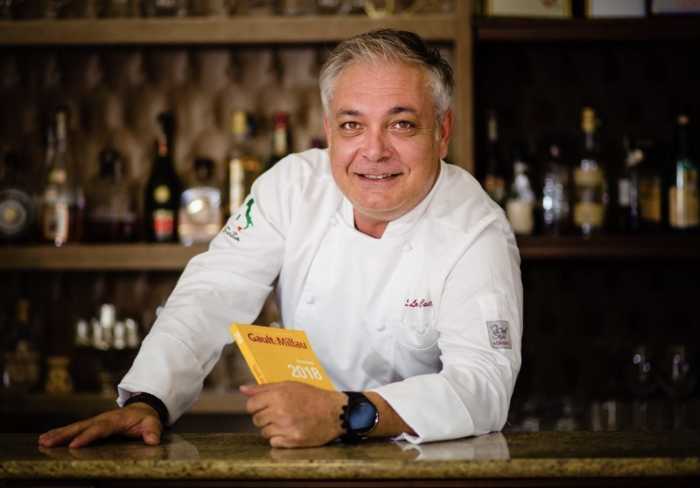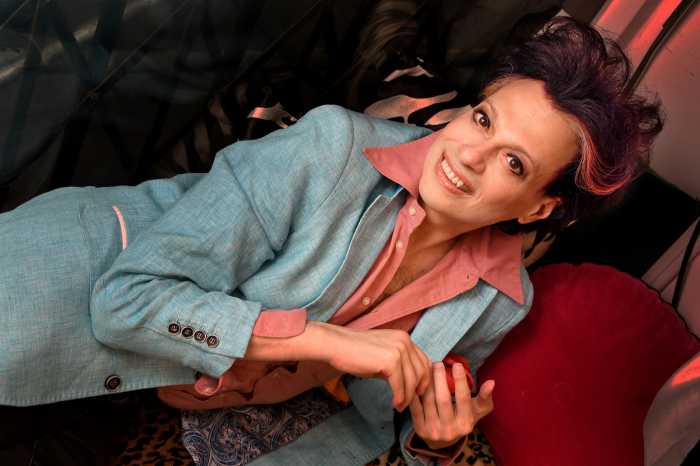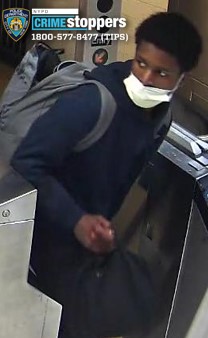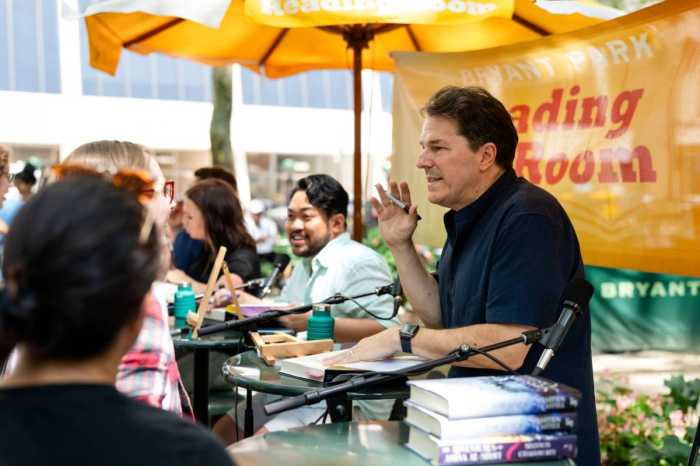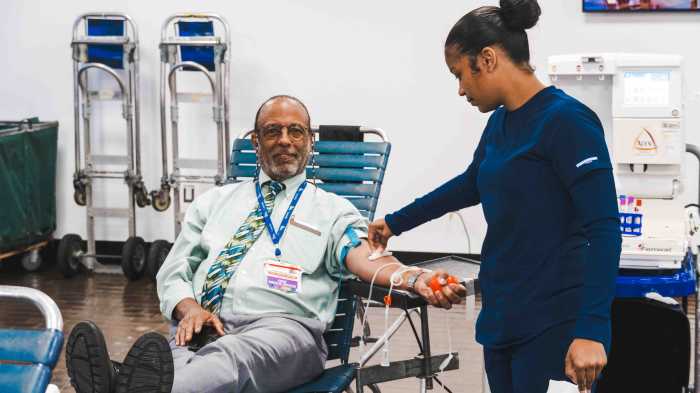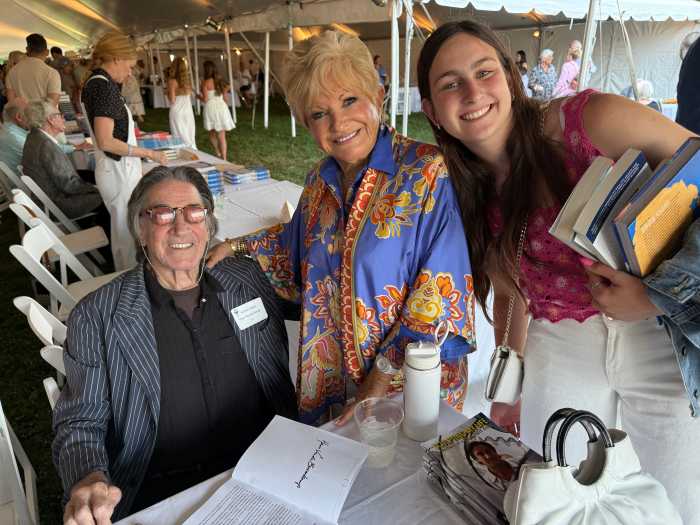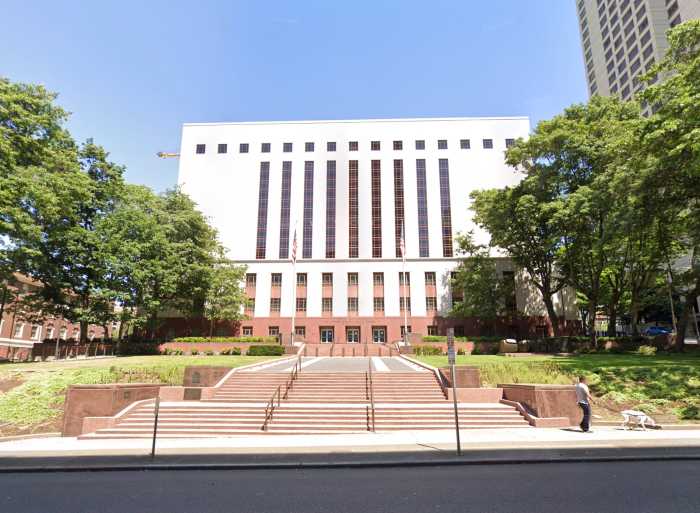By Julie Shapiro
New legislation by state Senator Daniel Squadron would allow the city to fingerprint street vendors who break the law.
Residents and community leaders have been calling for the measure for months, hoping it will help judges crack down on illegal vending. Under current law, the city can fingerprint vendors who are selling counterfeit merchandise, but not those who are just vending without a license, which is a violation of the city’s administrative code.
Without fingerprints, the city does not have the records to track repeat offenders. So, when an unlicensed vendor comes before a judge, the judge does not know if it is the vendor’s first court appearance or if the vendor has been caught multiple times.
“We have an ineffective system,” said John Feinblatt, the city’s criminal justice coordinator. “We can’t distinguish between the good guys and the bad apples.”
Judges regularly let illegal vendors off with community service or small fines, which vendors see as the cost of doing business, Squadron said. But under the legislation, judges would be able to administer harsher penalties for problem vendors, he said.
With no deterrent, illegal vendors “will do it again and again and again,” Feinblatt said.
“Illegal vendors undermine the entire system,” Squadron said while announcing the legislation on Thurs., April 23, on Church St. across from the World Trade Center site, where illegal vending has been rampant.
Illegal vendors block sidewalks, cause congestion, divert traffic from local businesses and make it more difficult for legal vendors to work, the senator said.
A dozen vendor advocates flooded Squadron’s press conference, waving signs in protest of the legislation. They asked Squadron pointed questions about the current system, in which the city strictly limits the number of food and general vending licenses. The advocates from the Street Vendor Project and other groups called the limits outdated and said the city’s rules leave people with no choice but to vend illegally to make a living. Squadron replied that there are two separate questions: what the law should be and how to enforce it. His new legislation addresses enforcement, and he said he would talk to the advocates another time about the changes they want.
Squadron’s bill does not make illegal vending a more serious crime, but rather includes vending without a license or vending in an inappropriate place among the list of more serious offenses that permit fingerprints to be taken.
Ali Issa, an organizer with the Street Vendor Project, said Squadron’s legislation sidesteps the causes of illegal vending and does nothing to solve the larger problems. Issa is also worried that the fingerprints will be used against illegal immigrants, though Squadron promised that would not happen.
Ivet Bandirma, executive director of Esperanza del Barrio, another group that protested the legislation, said the city already arrests and fines legal vendors unfairly, and she does not want to give the city any more ammunition. Bandirma echoed other advocates who said that until the city increases the number of vending permits, illegal vendors will continue to dominate the streets.
“We know it’s illegal, but that’s not their fault,” she said.
The City Council has not been receptive to increasing the number of vending licenses, though Councilmember Alan Gerson has pushed for that measure as part of a broader package of vending reforms. The Street Vendor Project and other groups rallied on City Hall’s steps on Tues., April 28, hoping to win the Council’s support.
The residents who attended Squadron’s press conference to support his legislation did not appear swayed by the vendors’ objections.
“It’s a different issue,” said Ro Sheffe, chairperson of Community Board 1’s Financial District Committee.
